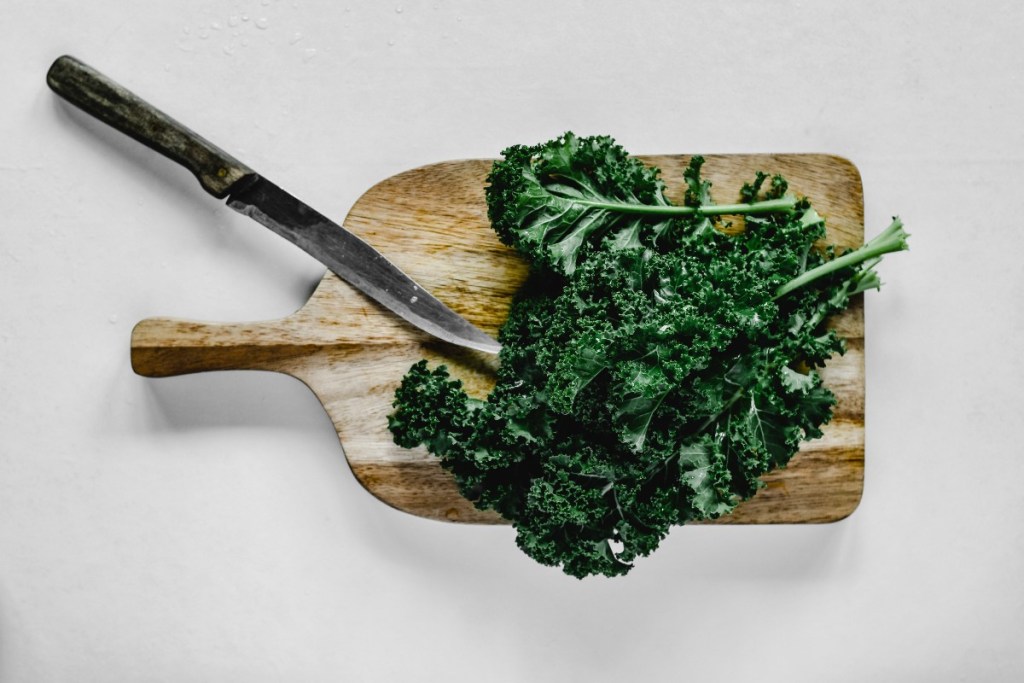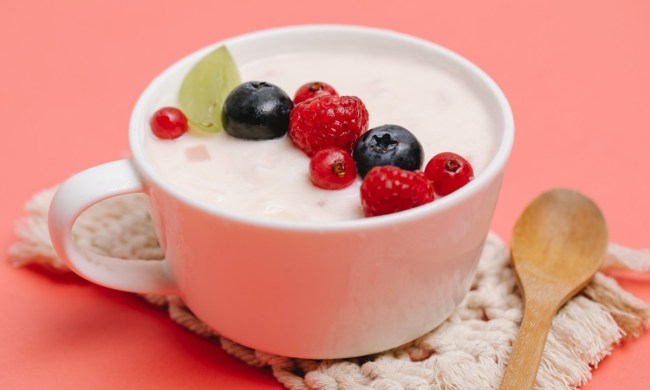Gut health is vital to our overall well-being. If your stomach constantly hurts, you may find yourself in the doctor’s office more often and frequently calling out of work. Even when you are working, it may impede your overall ability to stay on task. The whole thing can feel deflating and stressful.
Before you can fix the problem, you need to recognize that one exists. Early detection of an unhealthy gut can prevent things from getting worse. There are several warning signs of poor gut health, and you may experience one more of them. Here are four common flags, plus advice on how to clean your gut.

Common symptoms of poor gut health
Poor gut health can have physical and mood-related symptoms, and some signs are more evident than others. Here’s what to look out for when evaluating the situation.
Digestive issues
Arguably the most common symptom of a troubled gut, digestive issues may present in various ways. You may notice you’re having more stomach aches than usual. You may feel bloated or constipated. On the flip side, diarrhea is another sign things are amiss. One 2018 peer-reviewed study found that irritable bowel syndrome was a telltale sign that a person’s gut bacteria lacked balance.
Trouble sleeping and chronic fatigue
The bacteria in your gut don’t just play a role in digestion. They help produce melatonin, serotonin, and other sleep-regulating hormones. If you are having stomach issues, it may impede your sleep. What’s more, a 2017 study indicated that chronically fatigued individuals have bacterial imbalances in their intestines.
Anxiety and depression
You’ve probably “gotten a stomach ache” or “felt nauseous” when you were nervous about something. That’s because the gut and brain communicate. Your gut can also “start the conversation” with your brain. If it’s feeling off, it can send a signal to the brain and may contribute to anxiety, stress, and depression.
Skin issues
What’s happening on the inside can present on the outside. A bacterial imbalance in the gut can play a role in conditions like acne, psoriasis, eczema, and other skin-related conditions caused by inflammation, experts note.

How to clean your gut
Issues with gut health can be physically and emotionally draining. However, there are treatments available. Try these tips if you’re experiencing issues.
Speak with a doctor
There could be many reasons for poor gut health, and your provider can help you get to the bottom of it. They can send you for bloodwork and an allergist or nutritionist to help you rule out food allergies and other health issues. They also may be able to recommend natural and pharmaceutical interventions to help you get back on track.
Munch on foods that clean your gut
A few additions to your weekly menu can go a long way in mitigating stomach issues. High-fiber foods like broccoli, apples, and whole grains digest more slowly and encourage good bacteria to protect your gut. Yogurts, particularly Greek yogurts, and kefir contain probiotics that promote good digestive health.
Limit foods that aren’t great for gut health
Nixing food from your diet altogether isn’t necessary unless you have an allergy. In fact, it may only lead to craving and over-indulging later. That said, foods that are processed and high in sugar can actually encourage bad-for-your-gut bacteria to form, and the resulting imbalance can lead to symptoms of poor digestive health.
Take probiotic supplements
If you don’t feel like you’re getting enough probiotics from food, consider taking a supplement. Probiotic supplements may help you fend off bad bacteria and reduce unwelcome symptoms like constipation and gas. Experts recommend speaking with a doctor first and ensuring your supplements don’t expire.
Speak with a therapist
Researchers have learned more about the mind-gut connection in recent years. Since mental health and sleep issues are associated with gut imbalances, it’s important to take a holistic approach to your care. If you’re struggling, speaking with a therapist may help you feel better both physically and mentally.
Gut health can affect our overall physical and mental well-being. It’s essential to know the signs and symptoms of poor gut health so you can rectify it and feel better. Some symptoms, like digestive issues, are more obvious. However, others, such as skin inflammation, mood issues, and sleep struggles, are lesser-known. There are several ways to give your gut a boost. Foods that clean your gut include fruits, whole-wheat bread, and dark, leafy green vegetables, and Greek yogurts. Limit high-sugar and processed foods to an occasional treat. Taking probiotic supplements may also help clear up issues. Talk to a healthcare provider about what may work best for you. If your gut health is causing you stress (or vise versa), consider speaking with a mental health professional.
BlissMark provides information regarding health, wellness, and beauty. The information within this article is not intended to be medical advice. Before starting any diet or exercise routine, consult your physician. If you don’t have a primary care physician, the United States Health & Human Services department has a free online tool that can help you locate a clinic in your area. We are not medical professionals, have not verified or vetted any programs, and in no way intend our content to be anything more than informative and inspiring.



